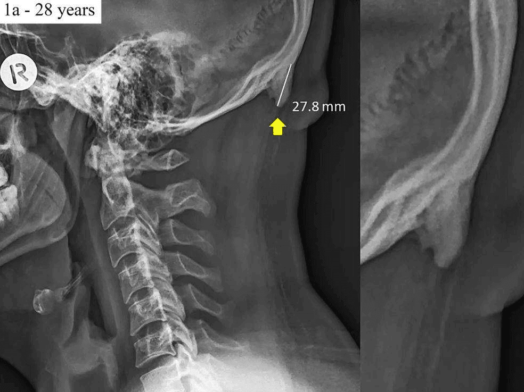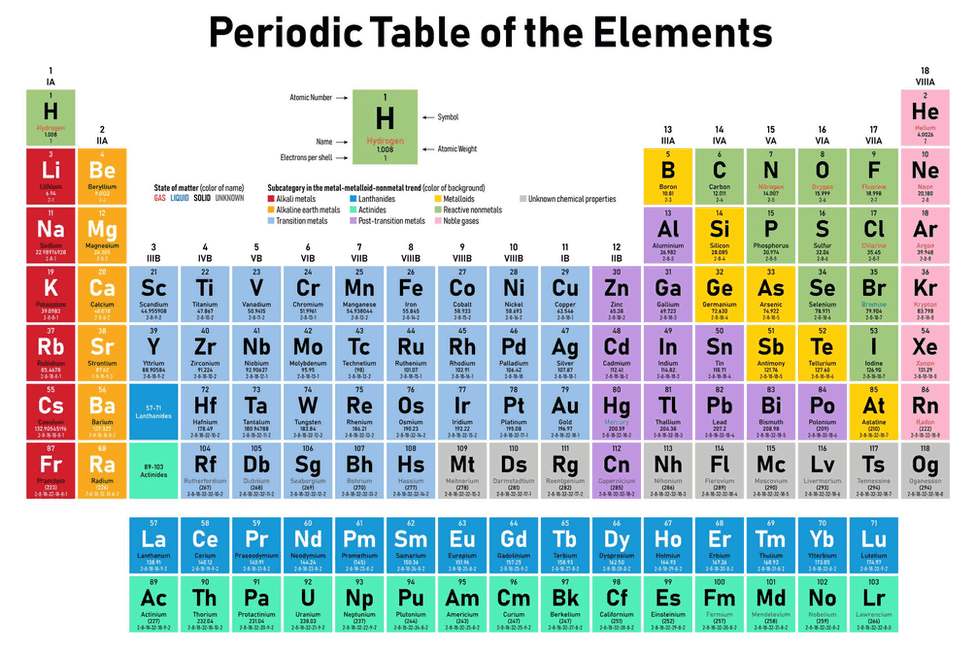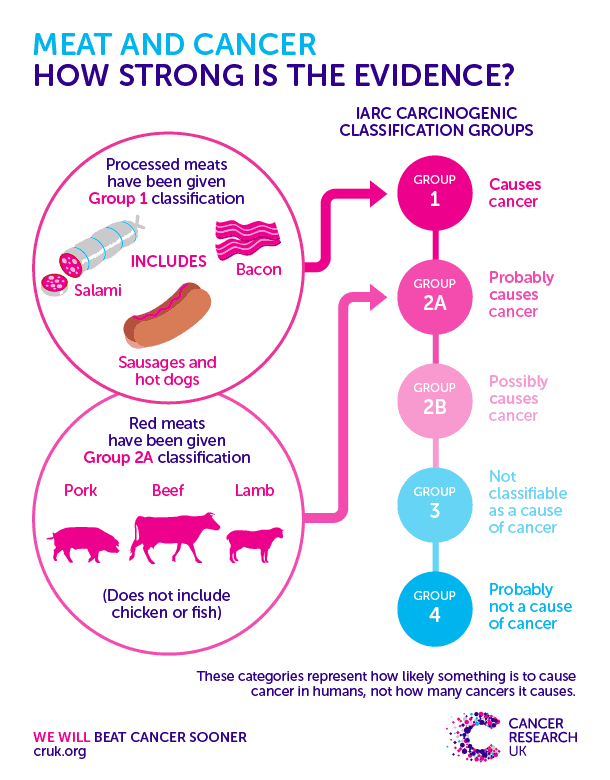Music gives many people great pleasure and a sense of meaning and emotion in their lives. Research shows that it deeply affects the brain in many ways.
Neuroscientists have been studying the effects of music on the brain by hooking people up to functional magnetic resonance imaging (fMRI) machines and observing what happens when people listen to music. During emotional moments in the music, researchers found that dopamine (a reward chemical) was secreted by structures in the brain, giving the listener a feeling of pleasure.
Enjoyment of music is tied to cultural expectations and past experiences. Even babies in utero are in tune with their culture’s music.
This feeling was associated with the anticipation of pleasure, suggesting that part of the reason people enjoy listening to a piece of music is because they expect to like it. People make predictions about what the music will do, and when that prediction is confirmed, or violated slightly in interesting ways, they feel a sense of pleasure. If the music is too unfamiliar the listener won’t be able to make any predictions and won’t enjoy it as much. Enjoyment of music is tied to cultural expectations and past experiences. Even babies in utero are in tune with their culture’s music.
Music also synchronizes the brain waves of people who listen to it. People who are listening to the same piece of music have similar brain scans, showing their brain waves are producing similar patterns, whether they are enjoying the music or not.
Read more about it in the Greater Good: The Science of a Meaningful Life article “Why We Love Music” by Jill Suttie.














